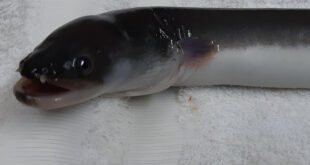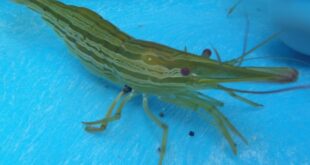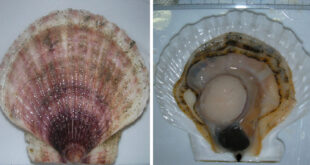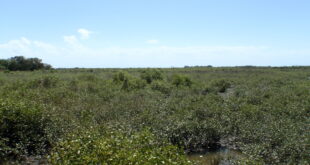
By Development Communication Section
A special course on “Mud crab hatchery and nursery” was conducted by SEAFDEC/AQD held at the Tigbauan Main Station in Iloilo, Philippines from 23 September to 9 October with the funding from DOST (Department of Science and Technology). The first batch of the participants was attended by eight participants from Cavite State University, Aklan State University, Davao del Norte State College and LGU (Local Government Unit) Tagum City.
The course had lectures and practical sessions on mud crab biology, natural food culture (green microalgae and rotifer), broodstock management and larval rearing, and culture in the nursery and grow-out ponds.
Mr. Astrolome Maningo, Multi-species hatchery in-charge of LGU Tagum City, expressed his gratitude to all the AQD staff and lecturers who assisted them during the training. “From this course we have learned that we need to update our research facilities in our respective place. This training becomes a good venue for us to tackle issues and to address the needs of our stakeholders,” said Mr. Maningo.
In response, AQD’s technology verification & demonstration head / Program & project leader for mud crab Dr. Emilia Quinitio thanked the participants for their enthusiasm to learn all the activities involved in the hatchery and nursery, and to assist AQD in information dissemination.
To hasten the promotion of mud crab hatchery and nursery technologies, AQD entered into an agreement with some SUCs and LGUs with laboratory, hatchery and pond facilities as partners in disseminating technologies to stakeholders. The participants will also be trained in their respective sites.

 SEAFDEC/AQD Southeast Asian Fisheries Development Center | Aquaculture Department
SEAFDEC/AQD Southeast Asian Fisheries Development Center | Aquaculture Department



